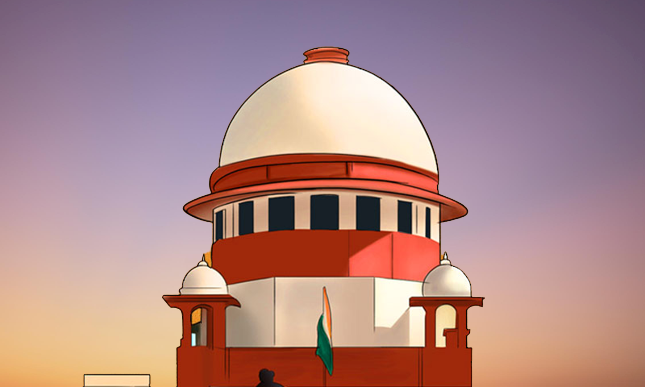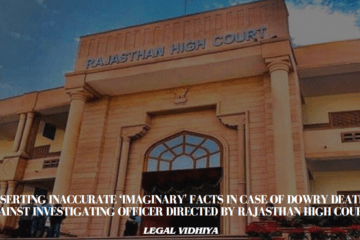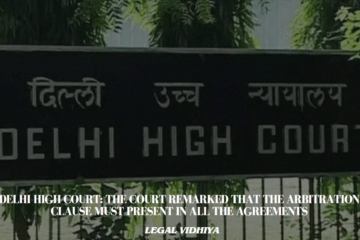
The Supreme Court on Tuesday dismissed a PIL challenging the constitutionality of Section 33(7) of the Representation of Peoples Act 1951, which allows a candidate to contest from two seats in elections.
Observing that it is a matter of legislative policy, the bench comprising Chief Justice of India DY Chandrachud, Justice PS Narasimha and Justice JB Pardiwala dismissed the PIL filed by Ashwini Upadhyay. The provision was challenged as unreasonable and arbitrary for creating extra burden on the public exchequer as bye-elections will invariably follow because candidates have to give up one seat in case they win from both the seats.
“Permitting a candidate for contesting for more than one seat is a matter of legislative policy since ultimately it is the Parliament’s will on whether the political democracy is furthered by granting such choice”, the bench observed in the order.
“Candidates may contest from different seats due to variety of reasons. Whether this would further the course of democracy is up to the Parliament”, the bench stated further.
Senior Advocate Gopal Sankaranarayanan, appearing for the petitioner, placed reliance on the recommendations made by the Law Commission of India for doing away with the provision. In this regard, the bench observed that it is the prerogative of the Parliament to act upon the recommendations of the Law Commission. A statutory provision cannot be struck down as unconstitutional on the basis of the recommendation of the Law Commission.
Sankaranarayanan pointed out that before 1966, a candidate could contest from any number of seats. However, the law was amended in 1966 restricting this number of two. The bench observed that the Parliament may at a later time think it fit to further restrict the number and it can always amend the Act. However, a judicial interference is unwarranted.
The petitioner sought an alternative relief that candidates who seek to contest from two seats must be asked to deposit a higher sum on money. This prayer also the bench did not entertain terming it as a policy matter.
During the hearing, CJI Chandrachud orally observed that these are matters of political democracy and not for judicial interference. “What is wrong with this?”, CJI asked the petitioner.
“There is another way to look at it. A leader can say that i want to establish my pan India and show that I can stand from West, east, north, south. These are all political decisions and ultimately the electorate will decide”, CJI orally said.
“There is no immorality in that. There are historical figures who had that kind of popularity”, Justice Narasimha added.
Case Title : Ashwini Kumar Upadhyay vs Union of India W.P.(C) No. 967/2017
Written by
Kashish Gupta
BBALLB-3RD semester
Shriramswaroop Memorial University




0 Comments